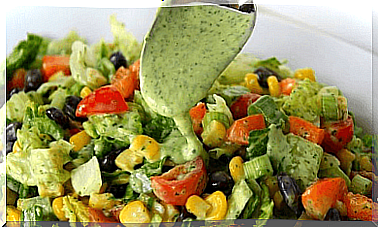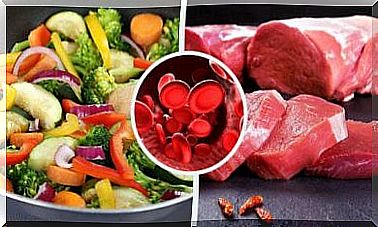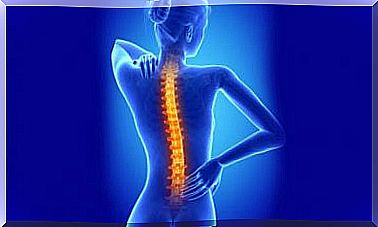8 Vegetable Foods Rich In Protein
Protein-rich foods are very important in the diet of all people, as they intervene in vital functions for physical and mental health.
While all nutrients are necessary for the body’s well-being, proteins play a major role in participating in metabolic activity, hormone release, and muscle and bone building and strengthening.
In fact, it is one of the best sources of energy that we can offer the body to maintain an optimal performance in each of our daily work.
However, many tend to get it from animal foods that, although healthy, contain more calories, fat, and other substances that make us gain weight.
Fortunately, it is an element that is also present in many vegetables, which help to vary the diet so that its daily absorption is not lacking.
On this occasion we want to share the best 8 in detail so that you don’t forget to add them to your meal plan.
Vegetable sources of proteins
1. Tofu
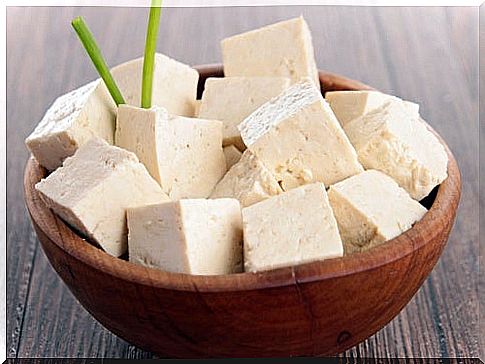
Tofu, a food made from soybeans, is traditional in the Japanese diet, both for its particular taste and its high content of essential nutrients.
Also known as “soy cheese”, it is valuable for its significant content of high quality protein which, among other things, helps to gain muscle mass.
Every 100 grams can provide up to 10 grams of protein and only 110 calories.
It contains isoflavones and antioxidant compounds that are beneficial in promoting hormonal balance, especially during menopause.
2. Quinoa
Quinoa is a popular food in South America, especially in countries like Peru and Bolivia.
It is a pseudocereal whose nutritional content offers interesting physical and cognitive health benefits.
In exchange for very few calories, it offers important amounts of vitamins, minerals and essential amino acids that activate metabolism and muscle strength.
Many consider it to be one of the best sources of vegetable protein, not only because it contains a good dose but because, in addition, it offers fiber, antioxidants and other substances that are beneficial to the body.
3. Legumes
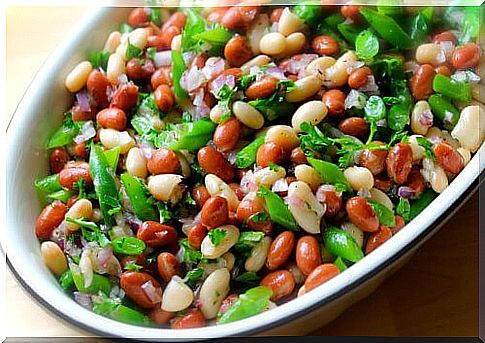
Legumes are a plant source of protein that everyone can add to their diet through many recipes.
Its consumption is recommended to improve sports performance and, in addition, increase muscle mass gain.
Due to their fiber content, they are beneficial in regulating bacterial flora and boosting bowel activity.
This same nutrient provides a satiating power that is good for those trying to lose weight.
They have a low glycemic index, contain few calories and are useful to avoid metabolic disorders that affect health.
Among the most prominent are:
- the lentils
- the beans
- The chickpeas.
4. Watercress
Each 100 gram serving of watercress can provide up to 3 g of protein, plus fiber, antioxidants and other essential nutrients that promote the well-being of the whole body.
Its consumption offers an extra energy to the body and, in addition, it strengthens joint, muscle and bone health.
5. Asparagus
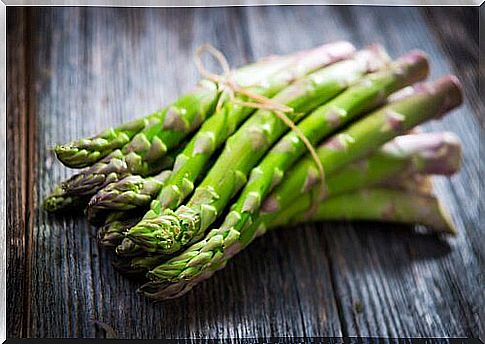
Known for their diuretic and purifying effect, asparagus contains a minimal dose of proteins that are healthy for the body.
They provide an essential amino acid known as asparagine which, once absorbed, synthesizes muscle mass and promotes balance in the nervous system.
Furthermore, it helps to improve insulin secretion; which is crucial for the process that transforms sugars into energy.
6. Spinach
This wonderful green vegetable is a very healthy source of essential amino acids, antioxidants and vitamins that help to improve the functioning of many vital systems in the body.
Furthermore, every 100 grams offer between 5 and 7 g of protein that, added to its fiber and minerals, increase muscle strength and physical performance.
7. Broccoli
In short, adding this vegetable is a great choice to satisfy daily needs for protein, fiber and minerals.
The 100 gram servings provide between 2 and 3 g of these nutrients; that is, 5% of recommended daily amounts (CDR) for men and 6% for women.
8. Lettuce
Lettuce is not only known for its kitchen applications, but also for its nutritional and medicinal value.
It contains a small amount of protein that, added to the regular diet, helps to cover the body’s needs.
Furthermore, it is rich in fiber, antioxidants and essential vitamins; whose absorption protects health against damage caused by free radicals, as well as other external agents.
Finally, there are many plant foods that offer interesting amounts of protein.
So, include them in the meal; even more regularly than animal sources, to strengthen your health.
